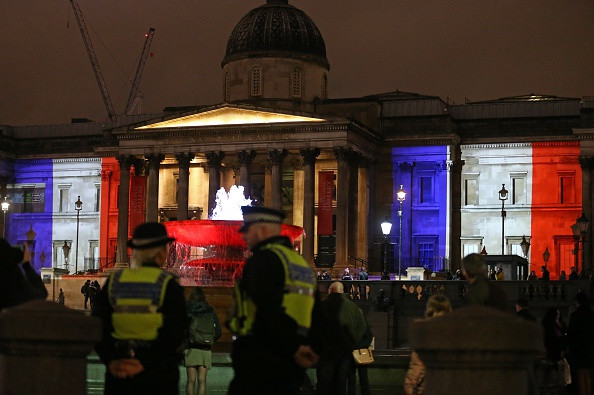Paris attacks: Elite SAS and SRR forces deployed on UK streets to counter Isis terror threats

Britain undertook its largest security operation since the 7/7 bombings in the wake of the Paris terror attacks that have left 129 people dead and 352 injured. The Special Air Service (SAS) and Special Reconnaissance Regiment (SRR) were deployed in order to foil any potential terror attack on the streets of the country.
Under the authority of the Metropolitan Police's Counter Terrorist Command wing, unarmed soldiers were deployed to covertly infiltrate key "areas of interest" known for sympathising with extremists. The elite forces were deployed to monitor stations, shopping centres and key public places. More than 60 soldiers, including SAS and SRR personnel were deployed after a high-level security meeting was held at MI5.
Meanwhile, The Telegraph reports that up to 450 radicalised Britons have returned to the UK from Syria. Scotland Yard is investigating 600 terror cases related to Syria and Iraq.
From "about 750 [British citizens] of interest to the security and intelligence services", who had gone to Syria "about 60% have returned", Charles Farr, director of the Office for Security and Counter-Terrorism said. He added that people, who can't travel to Syria or Iraq from the UK, have been told by Isis to stay and "undertake attacks".
"The public can be reassured that our firearms officers are trained to deal with this kind of incident and we are constantly evolving new ways to combat the threats to public safety," Met Commissioner Sir Bernard Hogan-Howe was quoted as saying by The Sunday Express.
"Uppermost in the minds of intelligence chiefs today is the prospect of co-ordinated attacks and inspired attacks. Police held a discussion with the Ministry of Defence as to whether to have Special Forces either on standby or for extra surveillance purposes. It comes as no surprise that there have been calls for increased security along those lines," Colonel Richard Kemp, former head of counter intelligence at the Cabinet Office said.
© Copyright IBTimes 2025. All rights reserved.



















